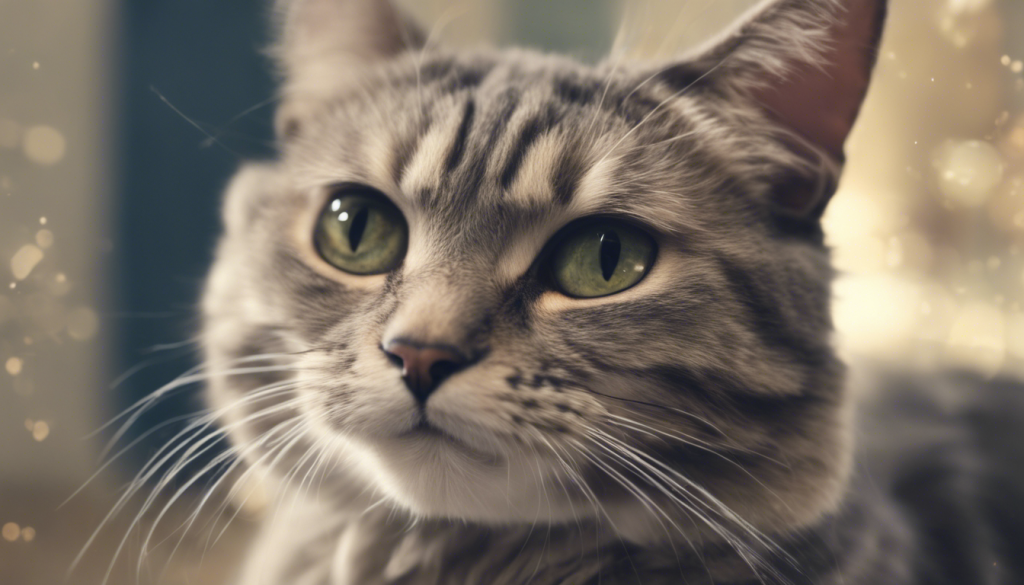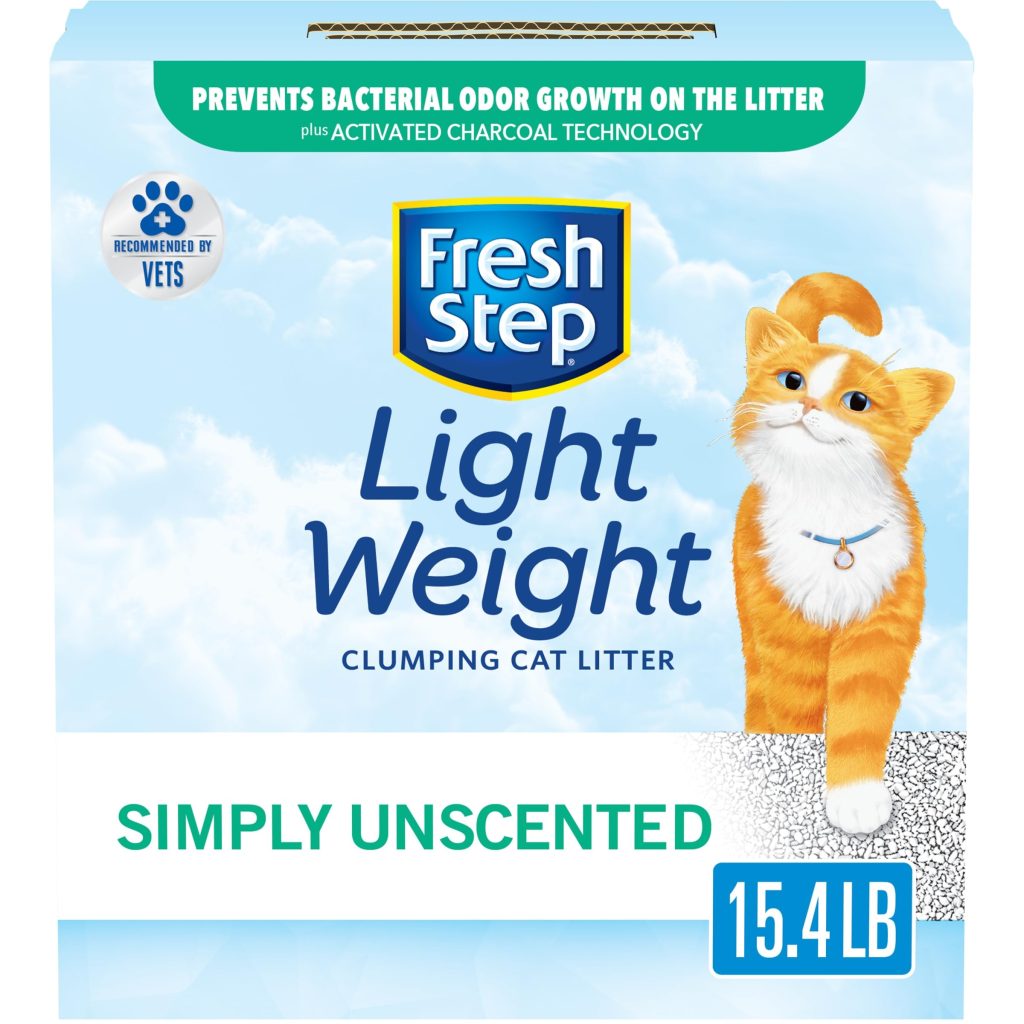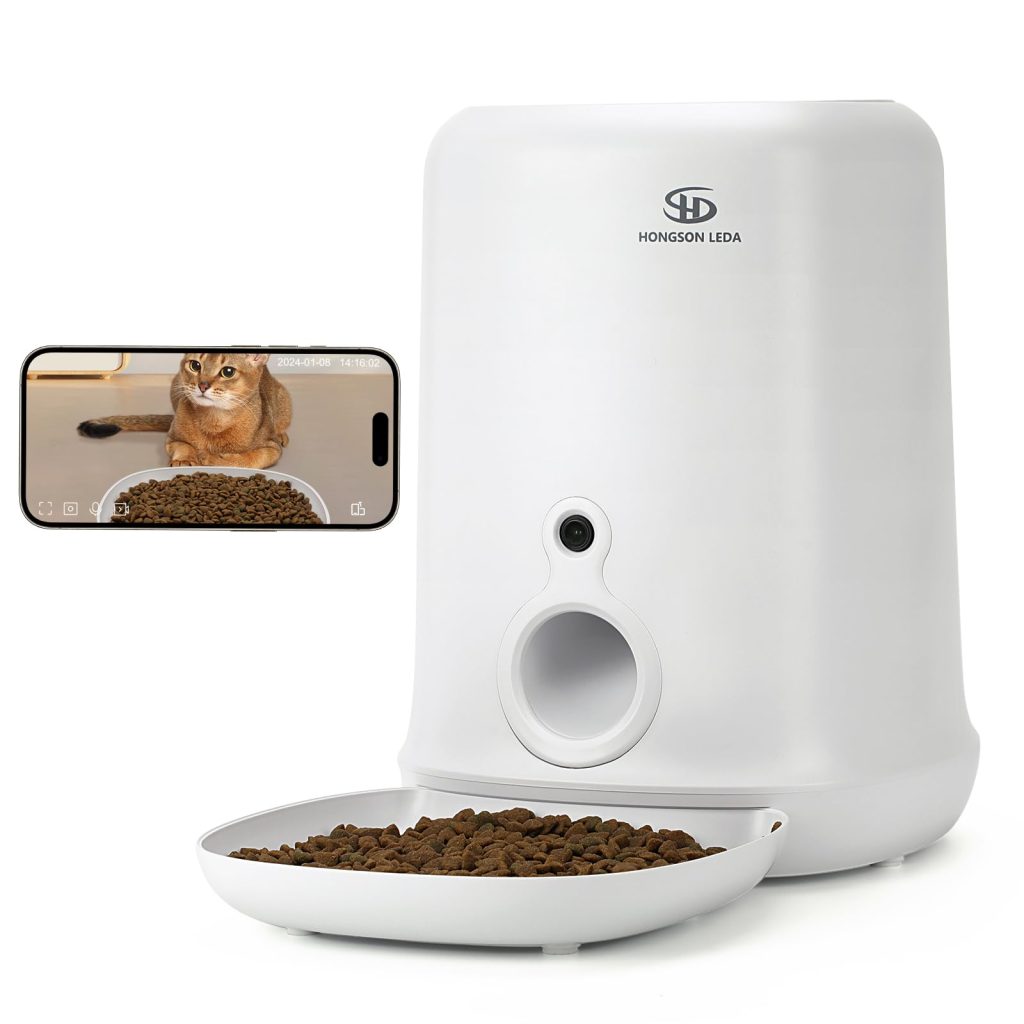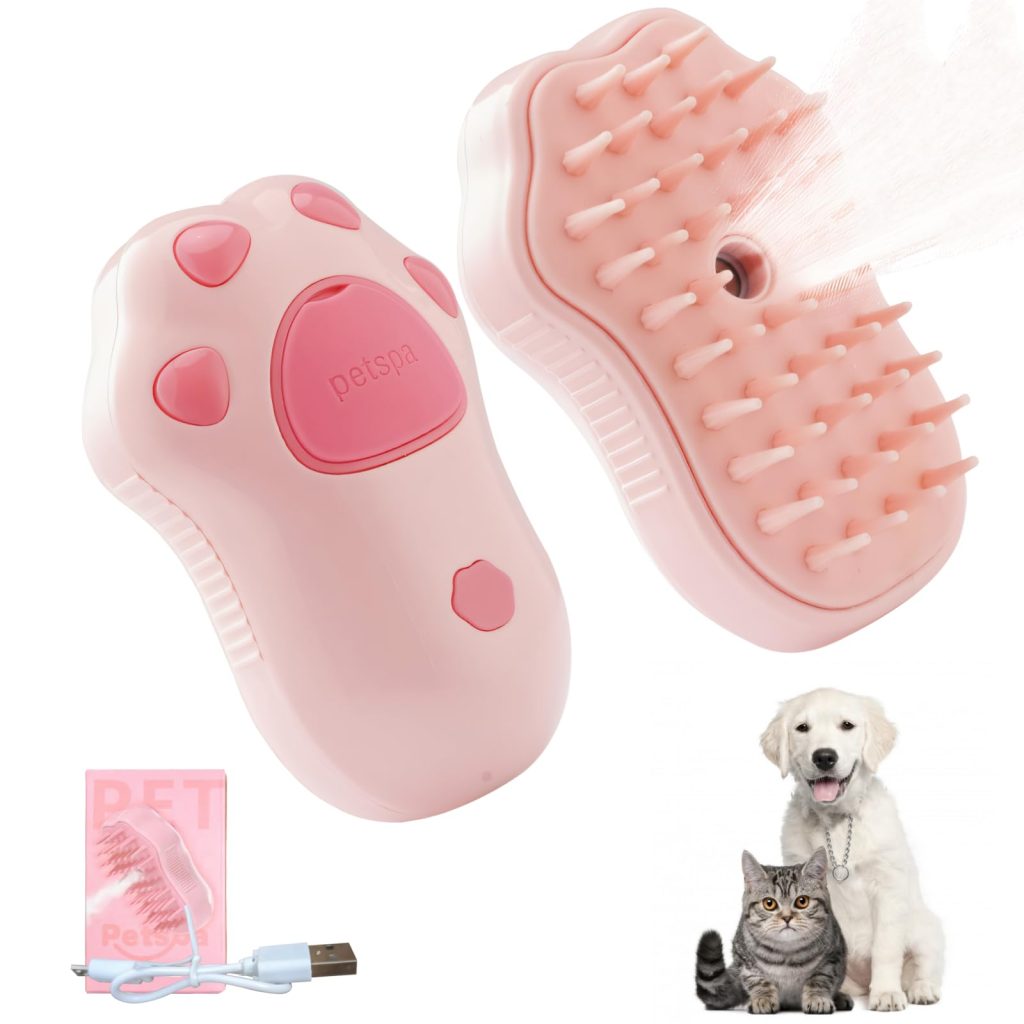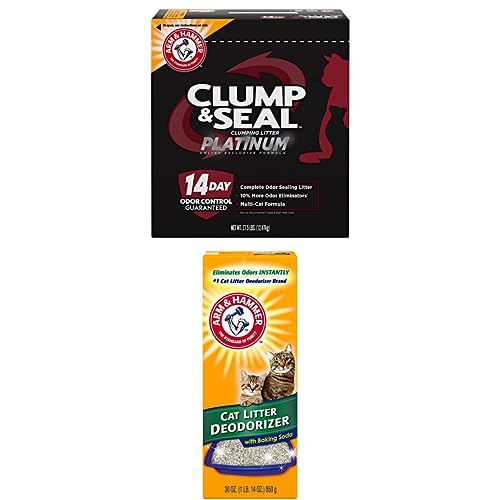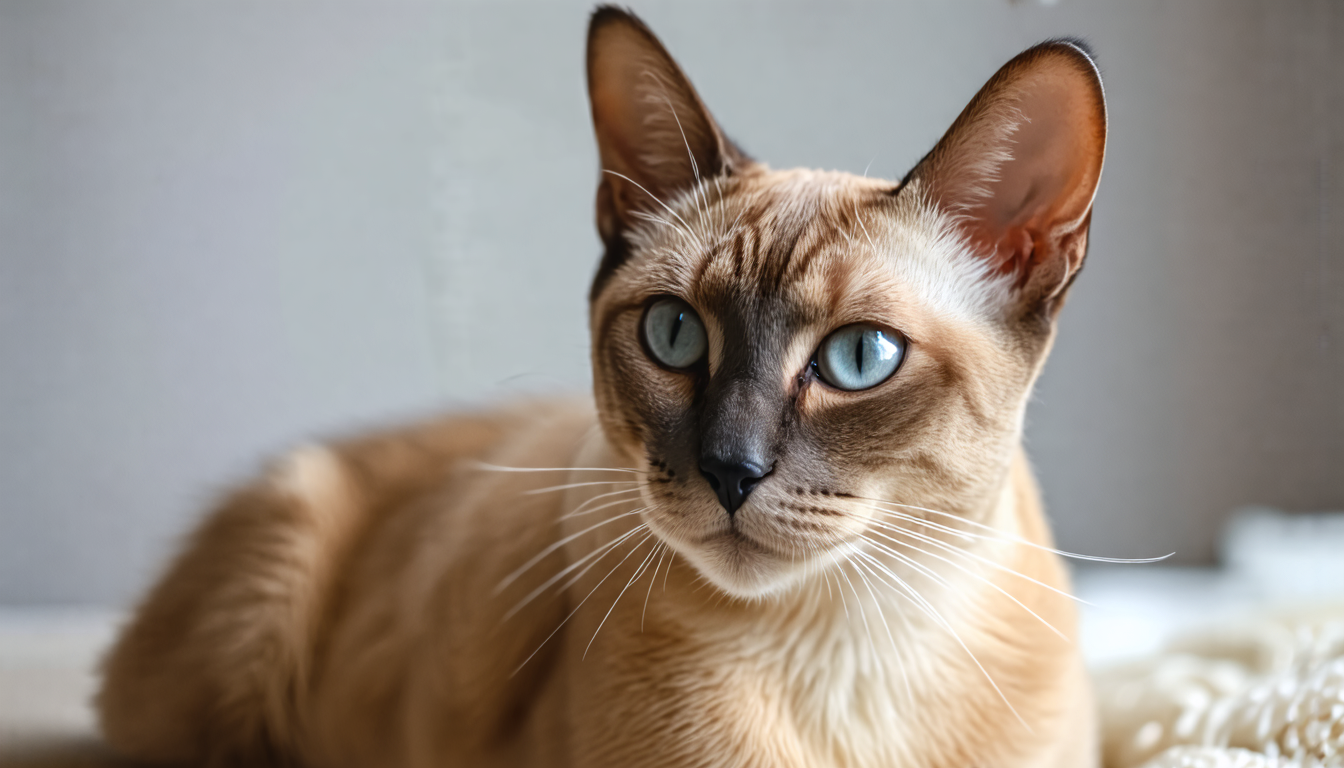
The Tonkinese cat is a fascinating and striking breed that gracefully embodies a delightful fusion of the Burmese and Siamese cats, resulting in an animal that’s not only visually captivating but also rich in personality. One of the defining traits of the Tonkinese is their exquisite coat, which is medium-length, silky, and lies close to the body, creating a soft, luxurious feel that makes them exceedingly pettable. Their coat comes in a diverse array of enchanting colors, such as sable, champagne, blue, and platinum, often featuring a combination of solid, patterned, and point coloration that makes each individual uniquely beautiful.
In terms of physique, Tonkinese cats are medium-sized with a muscular build, striking a balance between elegance and robustness. Their eyes, which are a notable feature, range from a vivid aqua to a captivating green, gleaming with intelligence and curiosity that reflects their keen and playful temperament. The short, wedge-shaped head, along with the well-developed cheekbones, gives them a distinctive look this is both gentle and expressive. Their ears are medium-sized and slightly rounded at the tips, which adds to their allure and gives them an alert appearance.
The Tonkinese breed is especially known for its beguiling personality. They’re inherently social beings, thriving in environments where they can interact with people and other pets. Playfulness is a hallmark of their nature; they possess an insatiable curiosity and enjoy engaging in games that stimulate their minds and bodies. As the adage goes, “A tired cat is a happy cat,” and this truism resonates particularly well with the Tonkinese, who require regular playtime and mental challenges to keep them satisfied and prevent boredom.
Moreover, they’re renowned for their affectionate demeanor; many owners describe them as being remarkably dog-like in their devotion. Tonkinese cats seek out companionship and are often found following their humans around the house, eager to participate in daily activities. They express their affection openly, enjoying cuddling and the warmth of human contact, making them superb companions for families or individuals alike.
However, the Tonkinese breed does come with a few considerations that potential owners should be mindful of. While they are generally robust animals, they are prone to certain genetic health issues, such as dental malocclusions and some hereditary respiratory complications, making regular veterinary check-ups imperative. Additionally, their interactive nature means that they should not be left alone for extended periods, as loneliness can lead to behavioral issues or anxiety. Owners should ponder providing interactive toys, puzzle feeders, or even adopting a second pet to ensure their Tonkinese is sufficiently entertained and content.
In sum, the Tonkinese cat presents a captivating blend of beauty, appeal, and intelligence. Their striking appearance, coupled with their engaging personality traits, makes them a truly enchanting breed. Understanding their characteristics is pivotal for prospective and current owners alike, making it essential to provide the right environment, companionship, and care to truly nurture these delightful felines.
History of the Tonkinese cat
The captivating history of the Tonkinese cat is woven from a rich tapestry of interbreeding and cultural significance that dates back to the mid-20th century. Emerging as a distinct breed in the 1960s, the Tonkinese was the result of an intentional cross between the Burmese and Siamese breeds, bringing forth a harmonious blend of traits from both parental lines. Breeders aimed not only to create a cat with striking aesthetics but also to imropve the temperamental qualities that make these felines so beloved by their owners.
The genesis of the Tonkinese can be traced back to Canada, where dedicated breeders sought to develop a breed that possessed the Burmese’s affectionate nature while incorporating the Siamese’s playful intelligence. The result was a breed that quickly gained popularity for its stunning appearance and engaging persona. Named after the Tonkin Gulf in Vietnam, this breed pays homage to the exotic heritage of Southeast Asia, where its parent breeds originated. Notably, the Tonkinese was recognized by cat associations in the 1970s, which further solidified its status as a distinct breed in the feline world.
Interestingly, the Tonkinese’s colorful history reflects not only its genetic lineage but also a broader narrative about feline companionship. As state-of-the-art cat enthusiasts increasingly sought companion animals that offered both beauty and personality, the Tonkinese emerged as a favored choice, resonating with those who value interaction and warmth in their pets. The breed is known for its unique combination of socialization and independence—a characteristic that endears it to individuals and families alike.
The evolution of the Tonkinese has had a significant influence on its contemporary characteristics. Through careful breeding, enthusiasts have aimed to maintain the breed’s playful spirit while enhancing its overall health and vitality. This attention to breeding has yielded Tonkinese cats that not only boast a stunning coat—often described as having the feel of satin—but also exhibit a variety of eye-catching colors and patterns that reflect a diverse genetic pool.
Furthermore, the Tonkinese has made its mark in the realm of cat shows, where it regularly garners admiration for both its physical attributes and its vibrant personality. Breeders have worked diligently to ensure that these cats not only meet breed standards but also possess traits that enhance their suitability as family companions. This evolution has been pivotal in establishing the Tonkinese as a breed synonymous with affection, vitality, and vigor.
As the breed continues to flourish, it also finds its place in various households worldwide, resonating with a diverse audience of cat lovers who appreciate the depth of personality and the warmth of companionship that a Tonkinese offers. The historical journey of the Tonkinese cat is a testament to the adaptability and allure of this enchanting breed, inviting both ardent enthusiasts and curious newcomers to learn the joyful experience of sharing a life with these delightful felines.
Grooming and care requirements
To cultivate a healthy and happy Tonkinese, understanding their specific grooming and care requirements is essential. Their mid-length, plush coat, while relatively low-maintenance compared to some long-haired breeds, still necessitates regular attention to keep it looking its best. It’s recommended that owners brush their Tonkinese at least once a week, using a gentle pin or bristle brush to remove loose hairs and prevent mats from forming. This simple regimen not only helps minimize shedding in the home but also promotes a healthy, lustrous coat. Some owners even find that brushing their cats serves as a bonding activity, enhancing the relationship between feline and human.
In terms of bathing, Tonkinese cats do not need frequent baths due to their natural grooming habits. However, an occasional bath may be beneficial, especially if they get into something messy or if they develop an unpleasant odor. Use a mild, cat-specific shampoo and ensure a warm environment to make the experience comfortable for your cat. Be sure to acclimatize them gradually to the bathing process, as many cats are not entirely fond of water.
Beyond coat care, dental health is vital for the Tonkinese. The breed can be predisposed to dental issues, so establishing a routine dental care regimen is imperative. Regularly brushing their teeth with cat-safe toothpaste can significantly reduce the risk of periodontal disease. Additionally, providing dental treats or toys designed to promote oral hygiene can be beneficial in maintaining their dental health over time.
Exercise is another fundamental element of their care, as Tonkinese cats are not just lovely to look at but also very active and playful. They thrive in an environment where they can engage in physical activity and mental stimulation. Interactive play is essential; owners should invest in feather wands, laser pointers, or even automated toys that encourage their beloved companions to chase and pounce. Ponder also providing climbing structures or cat trees, as Tonkinese cats enjoy high vantage points from which to observe their surroundings.
Dietary needs are equally paramount in the care of Tonkinese cats. A balanced diet that caters to their age, weight, and activity level is important. High-quality cat food that lists meat as the primary ingredient is recommended, as the breed requires significant protein to support their active lifestyle. Owners should consult with their veterinarian to determine the most appropriate feeding regimen and portion sizes, as overeating can lead to obesity, which poses further health risks. Additionally, fresh water should always be available to keep them hydrated.
Although Tonkinese cats are generally healthy, routine veterinary check-ups are essential for preventive care and to monitor for any breed-specific health issues. Be vigilant about any changes in behavior or new symptoms, as early intervention is key to managing potential health concerns effectively. Regular vaccinations, flea and tick prevention, and timely dental checkups should also be part of your cat’s healthcare plan.
In sum, the Tonkinese thrives in an environment that nurtures their playful spirit and affectionate nature. Establishing a comprehensive care routine that encompasses grooming, diet, exercise, and regular veterinary visits will ensure these charming felines remain happy, healthy, and ready to bring joy to their owners’ lives. By prioritizing these care aspects, you can create a fulfilling and enriching experience for both yourself and your Tonkinese companion.
Temperament and behavior
The Tonkinese cat is celebrated not only for its striking appearance but also for its delightful personality traits that make it a cherished member of many households. These felines exude an engaging mixture of playfulness, affection, and intelligence, which works hand in hand with their lively demeanor. Characteristically, a Tonkinese thrives on social interaction, and their behavior often reflects an endearing dog-like quality, where they seek companionship and participate actively in their owners’ lives.
With a boundless curiosity, Tonkinese cats possess an innate zest for exploration. They revel in interactive play, often taking the lead in initiating games, whether it be chasing after feather toys or pouncing on imaginary prey. Their high energy levels necessitate regular physical and mental stimulation to prevent boredom, which, if left unchecked, can lead to unwanted behavioral issues such as excessive vocalization or destructive habits. Engaging them in a variety of activities, from puzzle feeders to interactive toys, especially important for their well-being and happiness.
On the other hand, a Tonkinese is equally capable of enjoying tranquil moments of companionship. They have a pronounced tendency to form strong emotional bonds with their human caregivers, often curling up in laps or following them from room to room. This affectionate behavior not only highlights their need for closeness but also reinforces their suitability as family pets. Tonkinese cats display a deep empathy towards their owners, responding to human emotions and moods with an intuitive understanding that can be profoundly comforting.
Despite their social nature, Tonkinese cats also exhibit playful independence, making them adaptable companions for both families and individuals. They will often engage independently with toys and explore their environments, yet always return to their beloved humans for affection and interaction. Providing them with stimulating environments that feature various perches, scratching posts, and spaces for playtime will indulge their adventurous spirits while ensuring they remain content and well-adjusted.
Understanding the common temperament combinations in the Tonkinese breed can prepare owners for the unique personality of their feline. This breed is known to have varying degrees of mischievousness, with some individuals exhibiting vivacious antics that can keep their owners entertained for hours. This blend of exuberance with warmth can create challenges, particularly when it comes to training or instilling boundaries. Thus, establishing clear rules and consistent guidelines from a young age is beneficial in shaping a well-mannered, respectful adult cat.
While their playful and affectionate dispositions delight many, it’s vital to acknowledge the emotional needs of a Tonkinese cat. Loneliness is a significant concern for this breed, and appropriate measures should be taken to mitigate feelings of isolation. If left alone for prolonged periods, a Tonkinese may become anxious or display destructive behaviors as a coping mechanism. For multi-pet households, having a companion pet can alleviate these feelings, as can dedicated playtime and interaction with their human family members. Learning a Tonkinese’s cues for play and affection enables owners to build a solid foundation of trust and companionship.
Aside from their whimsical behavior, owners should remain attentive to the nuances of their Tonkinese’s needs throughout various life stages, adjusting care routines to accommodate their levels of energy and interaction. Establishing a routine that involves daily play sessions, engaging training exercises, and consistent socialization opportunities will provide a robust outlet for their vibrant character. Through these efforts, owners are not only enhancing the quality of life for their Tonkinese but are also deepening the mutual bond of companionship that makes living with these charming cats so rewarding.
Health considerations for Tonkinese cats
Tonkinese cats, while generally regarded as healthy and lively companions, are predisposed to certain genetic health concerns that owners should be aware of as part of responsible pet ownership. One of the notable issues faced by this breed is dental malocclusion, which refers to misalignment of the teeth. This hereditary condition can lead to difficulties in chewing and can predispose affected cats to periodontal disease if not managed properly. To mitigate this risk, regular dental check-ups become paramount, allowing for professional cleanings and interventions if necessary.
Furthermore, Tonkinese cats may experience respiratory issues such as nasal congestion or breathing difficulties, particularly as a result of their brachycephalic facial structure. While they’re not as flattened as certain other breeds, their anatomical features can still create vulnerability. Ensuring that your Tonkinese has a smoke-free and low-allergen environment is essential in supporting their respiratory health. Recognizing signs of respiratory distress, such as persistent coughing or wheezing, should prompt an immediate consultation with a veterinarian.
The breed’s active lifestyle also means they can be susceptible to obesity, especially if they’re not provided with ample exercise and mental stimulation. Owners must maintain a keen awareness of their cat’s dietary habits and adjust portion sizes accordingly, particularly for older Tonkinese who may become less active. Regular playtime and an enriching environment are critical components in preventing weight gain, promoting not only physical health but mental well-being as well.
When it comes to general wellness, routine veterinary visits serve to catch any potential health issues before they become problematic. These check-ups should encompass vaccinations, parasite prevention, and wellness screenings, tailored specifically to the needs of the Tonkinese breed. Owners are encouraged to discuss any particular health concerns with their veterinarian, as they can provide insights tailored to the individual cat’s needs and lifestyle. This proactive approach can lead to early detection of any health challenges, ensuring a longer, healthier life for your feline companion.
In terms of preventative care, it’s worth noting that Tonkinese cats thrive on a balanced diet that supports their energetic nature. Quality commercial cat foods specifically formulated for active breeds can provide the necessary nutrients to promote not only robust physical health but also optimal skin and coat condition. The inclusion of omega fatty acids can help maintain the softness and sheen of their luxurious fur, preventing issues associated with dry or flaky skin.
Lastly, mental enrichment cannot be overlooked in the care of Tonkinese cats. Their high intelligence and curiosity mean that they require more than just physical activity; they crave mental challenges as well. Introducing puzzle toys, interactive feeding solutions, and even training sessions can engage their minds and provide productive outlets for their energy. Positive reinforcement methods are highly effective with the breed, allowing for a tight-knit bond built on trust and respect.
By proactively addressing these health considerations—ranging from dental care to mental stimulation—Tonkinese owners can pave the way for a thriving, happy, and healthy feline presence in their homes. Recognizing that each cat is unique underscores the importance of tailoring care according to the specific needs of your individual Tonkinese, thus ensuring that they enjoy a fulfilling life that is rich in companionship and joy.
